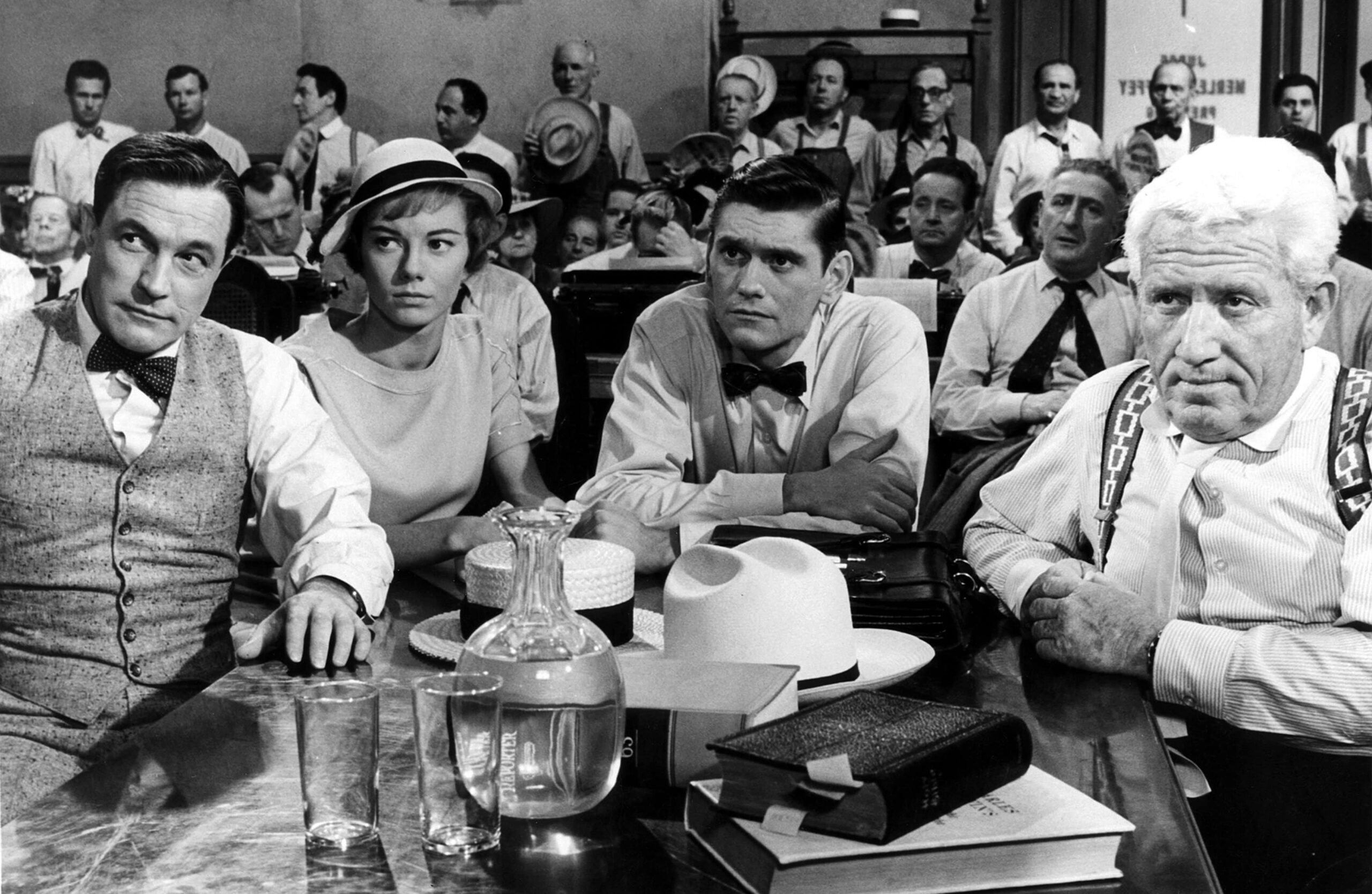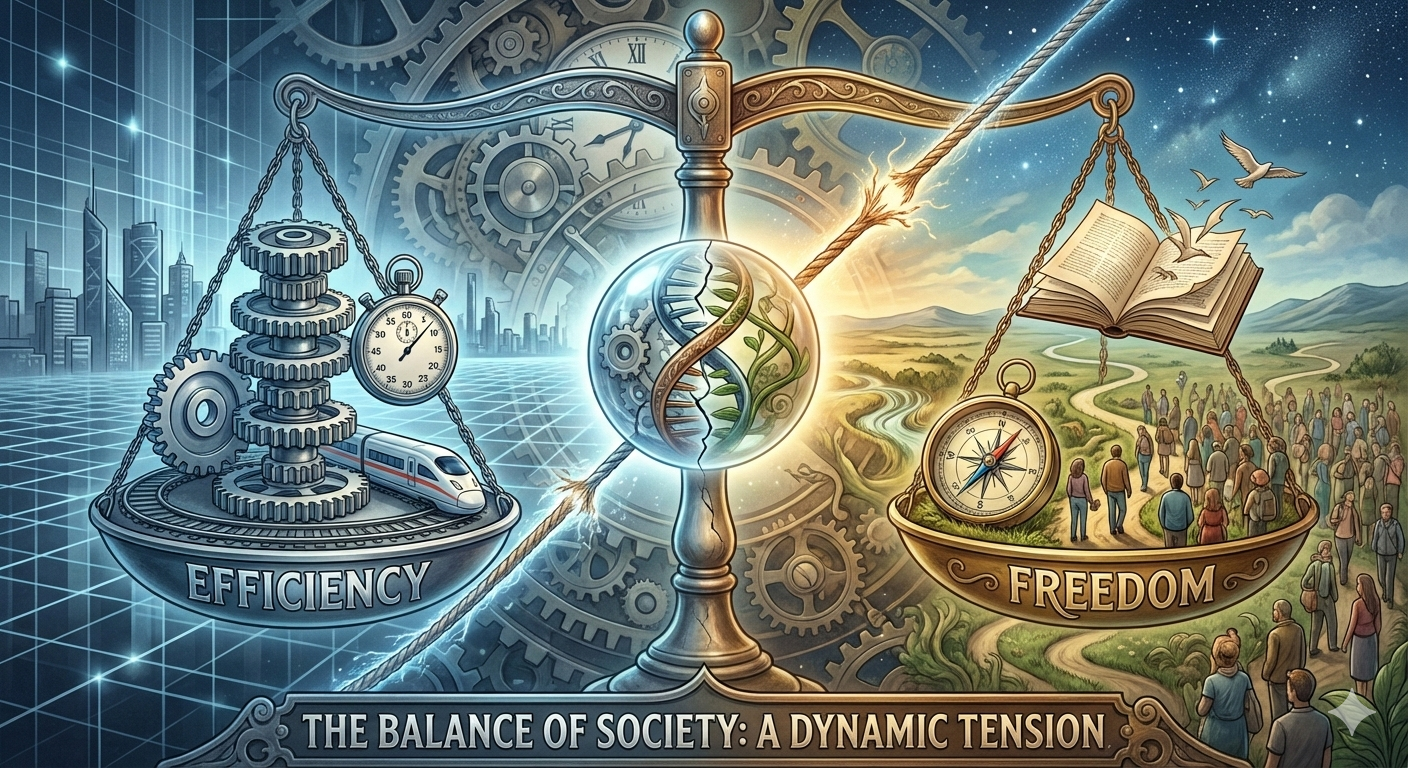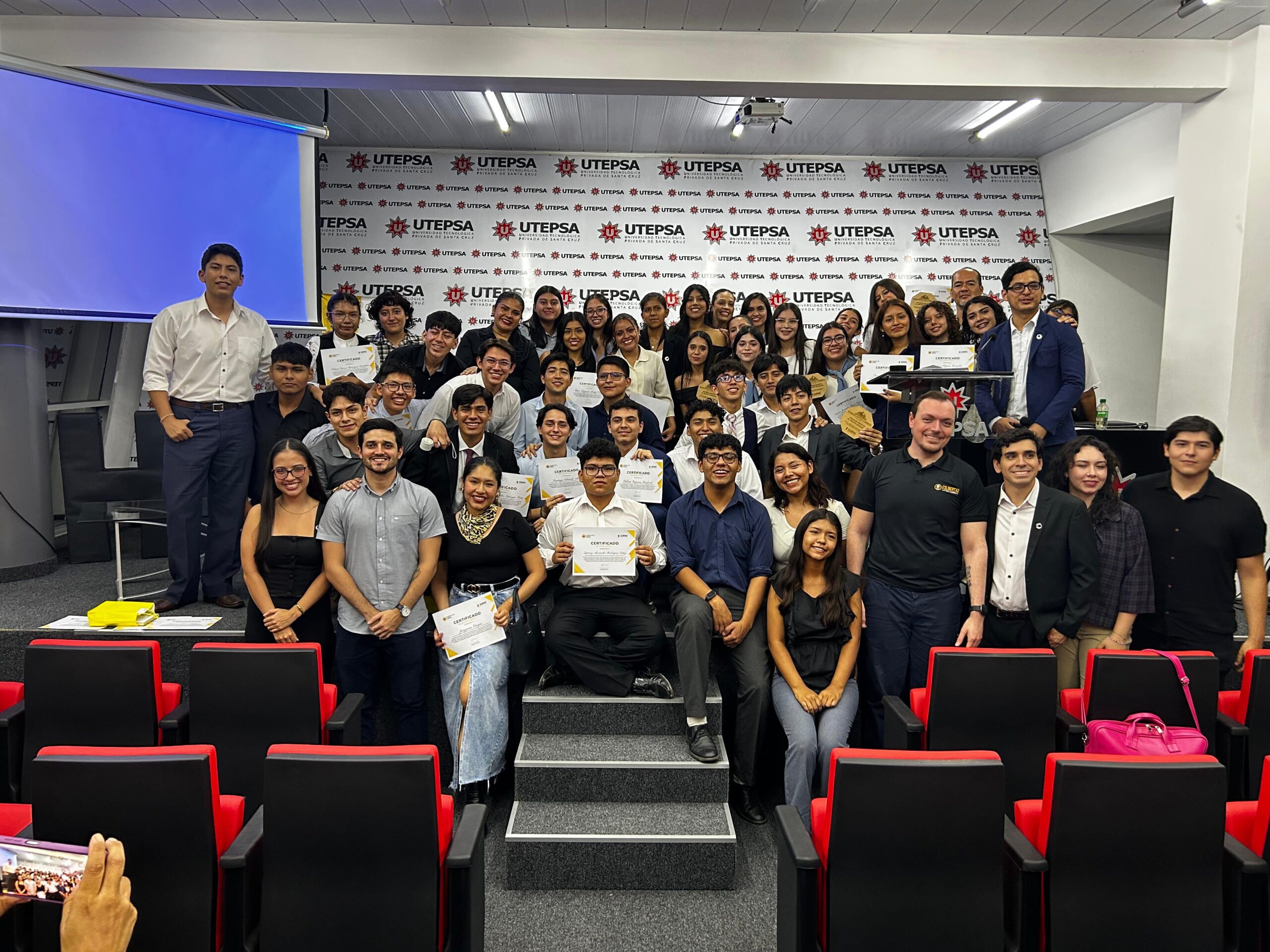Inherit the Wind (1960) is, on its face, a dramatic re-enactment of the Scopes Trial of 1925. Henry Drummond is Clarence Darrow, Matthew Brady is William Jennings Bryan, E. K. Hornbeck is H. L. Mencken (they were really on the nose with this one!), and Bertram Cates is John Scopes. Preserving its analogy to the real-world case, Cates is put on trial for teaching Darwin’s theory of evolution in a Tennessee public high school, in direct contravention of state law forbidding the teaching of non-creationist theories of man’s inception.
Sponsored by E.K. Hornbeck’s paper, The Baltimore Herald, Drummond comes down to defend Cates from prosecuting attorney Brady in the town of “Heavenly” Hillsboro. Just as in the Scopes trial, Drummond beats Brady in his own “ballpark” by explaining how the days before God’s creation of the sun could have lasted any number of hours or eons, thereby making Darwin’s theory of evolution compatible with Christianity (or a non-fundamentalist species thereof). Though intellectually humiliated in public, Brady wins the trial legally and Drummond promises to appeal the case to the Supreme Court, refusing on behalf of the defendant to pay a single penny for daring to think.
The way the author sees it, the real conflict is between those who believe the individual has a right to observe, contemplate, deduce, and arrive at one’s own judgments about the nature of things (E.K. Hornbeck, Henry Drummond, and Bertram Cates), and those fearful that reason unmoored from revealed wisdom will kill god, annihilate morality, and plunge society headlong into nihilism (Matthew Brady). A perennial intellectual contest, if there ever was one! Brady fears that the theory of evolution will reduce man to the status of a mere animal, while Drummond argues that it is man’s ability to think—the exercise of which is being prosecuted by Tennessee—that renders him fundamentally different from (read: superior to) other creatures.
Accepting that some may reason their way to conclusions inimical with the preservation of a blissfully ignorant society, Drummond bites the bullet: “As long as the prerequisite for that shining paradise is ignorance… I say ‘to hell with it.’”
The author also says to hell with it! The author would rather be a man dissatisfied than a pig satisfied—what’s the value of a “shining paradise” to beings who, by alienating themselves from their essence, i.e., their minds, have rendered themselves indistinguishable from animals? (A rhetorical question for the readers)
Some of the author’s favorite quotes from the movie follow:
Brady: Is it possible that something is holy to the celebrated agnostic?
Drummond: Yes. The individual human mind. In a child’s power to master the multiplication table there is more sanctity than in all your shouted amens and holy holies and hosannas. An idea is a greater monument than a cathedral. And the advance of man’s knowledge is a greater miracle than all the sticks turned to snakes or the parting of the waters.
Drummond: I say that you cannot administer a wicked law impartially. You can only destroy and punish. And I warn you that a wicked law, like cholera, destroys everyone it touches. Its upholders as well as its defiers.
Drummond: With all due respect to the court, sir, I think the right to think is very much on trial here. And it is in danger in the proceedings of this courtroom.”
Drummond: You didn’t get into it because of his headline or because of my cause, or maybe even because of their kids. You got into it because of yourself, because of something you believed in for yourself… [A]ll you have to do is to knock on any door and say: ‘if you’ll let me in, I’ll live the way you want me to live, and I’ll think the way you want me to think.’ And all the blinds’ll go up, all the doors’ll open, and you’ll never be lonely ever again.
Cates: Tell them if they let my body out of jail, I’d lock up my mind? Could you stand that, Rachel?
Drummond: I didn’t come here to make Hillsboro different; I came here to defend his right to be different.
Hornbeck: It’s the duty of a newspaper to comfort the afflicted and afflict the comfortable.
Woman: Are you a sinner?
Hornbeck: The worst kind: I write for a newspaper.
Hornbeck: I do hateful things for which people love me. And I do lovable things for which they hate me. I’m admired for my detestability.
Alternatively, a wonderful B plot is the conflict between E.K. Hornbeck and Henry Drummond. The former, an ironical cynic who seeks to destroy tyrants; the latter, a sincere man dogged in his defense and promotion of reason, liberty, and the individual. While the two are superficially/politically on the same side of the Cates trial, their motivations could hardly be more distinct. Hornbeck is a bitter polemicist who delights in ridiculing his enemies; Drummon is a wholesome advocate of reason and pluralism. For me, the film served as a sharp reminder to emulate the latter, not the former.
After all, builders don’t destroy.







